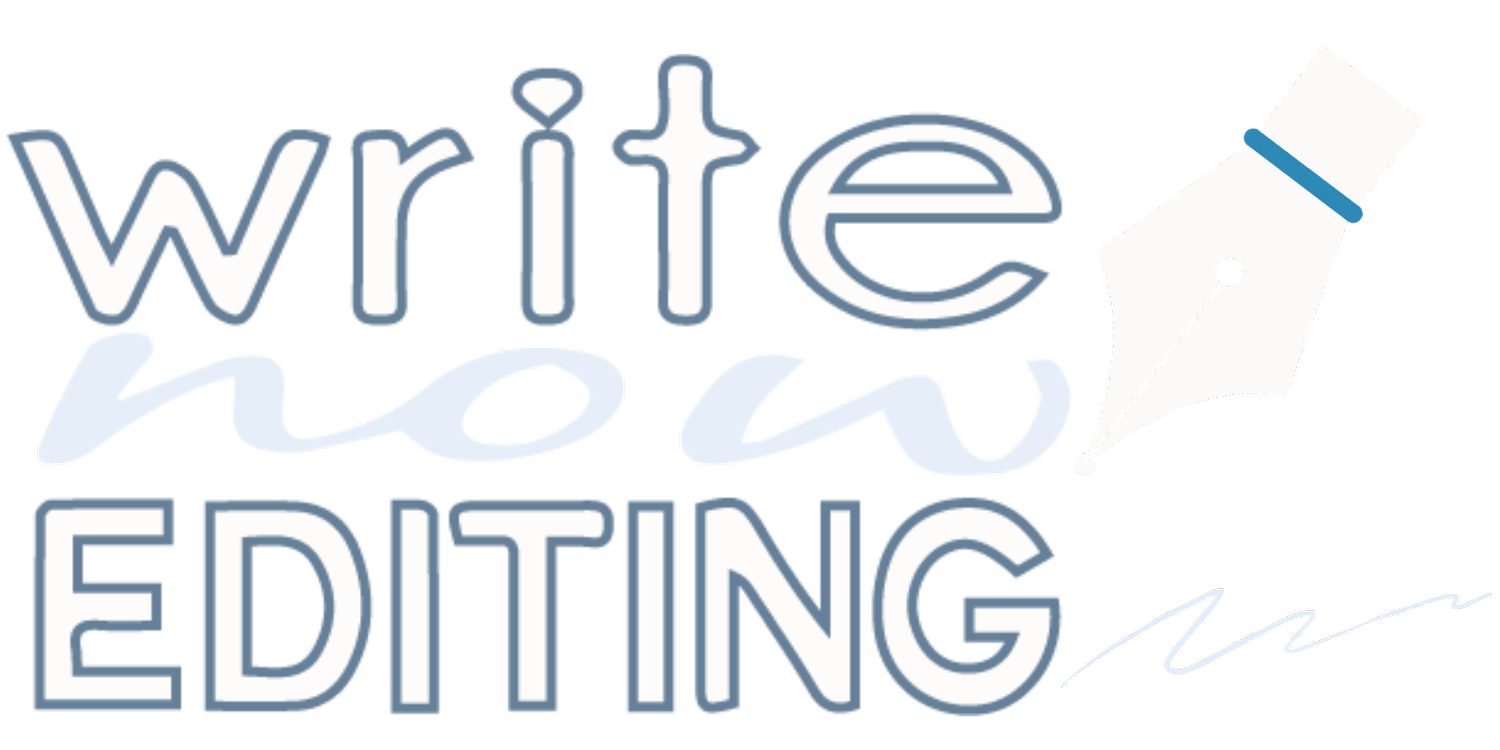Writing Advice with Latayne Scott
What is your favorite writing craft book?
Hands down, the best: Telling True Stories: A Nonfiction Writers' Guide from the Nieman Foundation at Harvard University.The best of the best show how it’s done.
Which do you think is the most underrated writing craft book?
The same as above. Telling True Stories revolutionized the way I, as a nonfiction writer, began from that point forward, to write.
Another book that wasn’t written as a craft book but is the exemplar for my online writing course Map My Past: The Biopedia Method. The book is Encyclopedia of An Ordinary Life by Amy Krouse Rosenthal. Right now I’m teaching a group of 35 military veterans, mostly non-writers, how to write a Biopedia, and they love Rosenthal’s book.
What is your favorite (or most anticipated) writers conference?
I loved the Breathe Conference in Michigan before it ceased. Now, after decades of caregiving, I “attend” virtual summits online whenever possible.
What’s your favorite other source (YouTube, podcast, etc.) for writing tips/info?
Jane Friedman. Her resources are extraordinary. Here’s an example of information and resources that are worth their weight in gold: Land a Book Deal. Any serious writer should be on her email list.
Who is your writing mentor/inspiration? Why?
In the past, it was Faulkner and classic poets. (When I told my first agent that, she actually groaned out loud.) But there’s a new generation of incredible literary richness in people like storyteller Martin Shaw. He’s absolutely magical as a faith writer.
What’s the worst writing advice you’ve ever received? Why was it bad?
To take training to write for “true confession” magazines to make money. Why? It was icky. And I didn’t make any money.
What’s the best writing advice you’ve ever received?
Two answers. In 1976, a published writer I met for a few moments told me that her publisher “would love” to hear my story. That publisher was Zondervan, and the book was The Mormon Mirage, which has stayed in print with various revisions for 45 years! (I recently wrote this Facebook post: “Dear Mormon Church: I don't know whether to slap you or kiss you for launching my publishing career.”)
The other advice was from my husband, when I told him about a dream I’d had of a woman in an arena picking up bloody body parts. That became the defining book of my writing skills: A Conspiracy of Breath. I can never hope to write anything that good again.
What would you say is the best writing tip for new authors?
If you aspire for literary excellence, don’t expect to be compensated in the world’s currencies.
What is your best self-editing tip or advice?
Read your work aloud before you submit it. Listen to your voice in the persona of your most helpful critic.
Please share your most encouraging tip for frustrated/discouraged writers.
Be ruthless with answering this question: “Who or what are you writing for?”
Tell us about your newest release/upcoming release.
A research report I read last year, from Wonderman Thompson, should be required reading for every single Christian writer of 2024. It led me to conclude that Christians and non-Christians alike are aching for a renewed sense of wonder and awe in their faith.
My research has also led me to understand that the last four years have led to diminished reading skills. So, I wrote my newest book, Map My Faith with Wonder and Awe, to meet those two crucial needs. It’s based on my years of instructing hundreds of people about the 3-part structure of faith: Absolutes, Contradictions and Resolutions. Many people say this concept has changed their lives.
Latayne C. Scott, PhD, is the author and co-author of over 30 books published by Zondervan (Harper Collins), Howard (Simon & Schuster), Baker/Bethany, and others. Her books have won national and international awards and appeared on best-seller lists. Subject matter ranges from archaeology, child sexual safety, cults,Bible studies to novels. She has published thousands of short-form work such as print magazine articles and poems which have also won national awards. (She has accomplished these things because God has helped her, and because she’s old and has been at this since her first award for writing in the third grade.) She is a faith coach and writing coach. https://latayne.com
Also, I have some free gifts for your readers!
For those interested in an innovative way of writing an autobiography or memoir: How to Help a Senior Write a Biopedia Free resource for an important task of love.
For those interested in Mormonism and Cults: What’s a Cult? Cut through the myths and misunderstandings with this free e-book.
For those who yearn for a firm “handle” on faith while in dumpster-fire lives: Hope Means Moving Beyond Rational Limits
For more writing tips:

